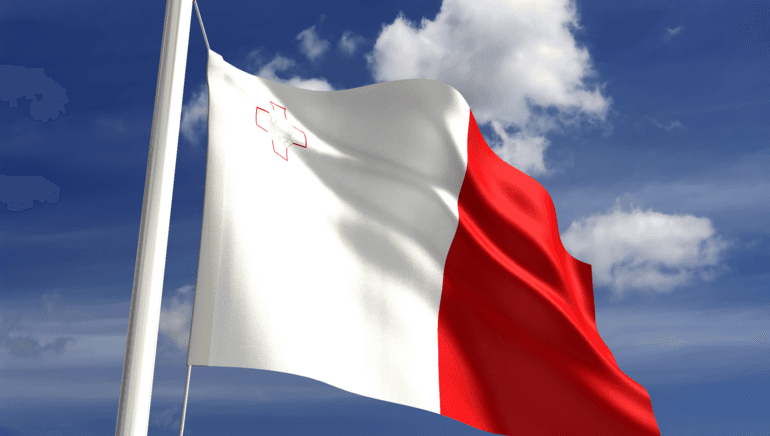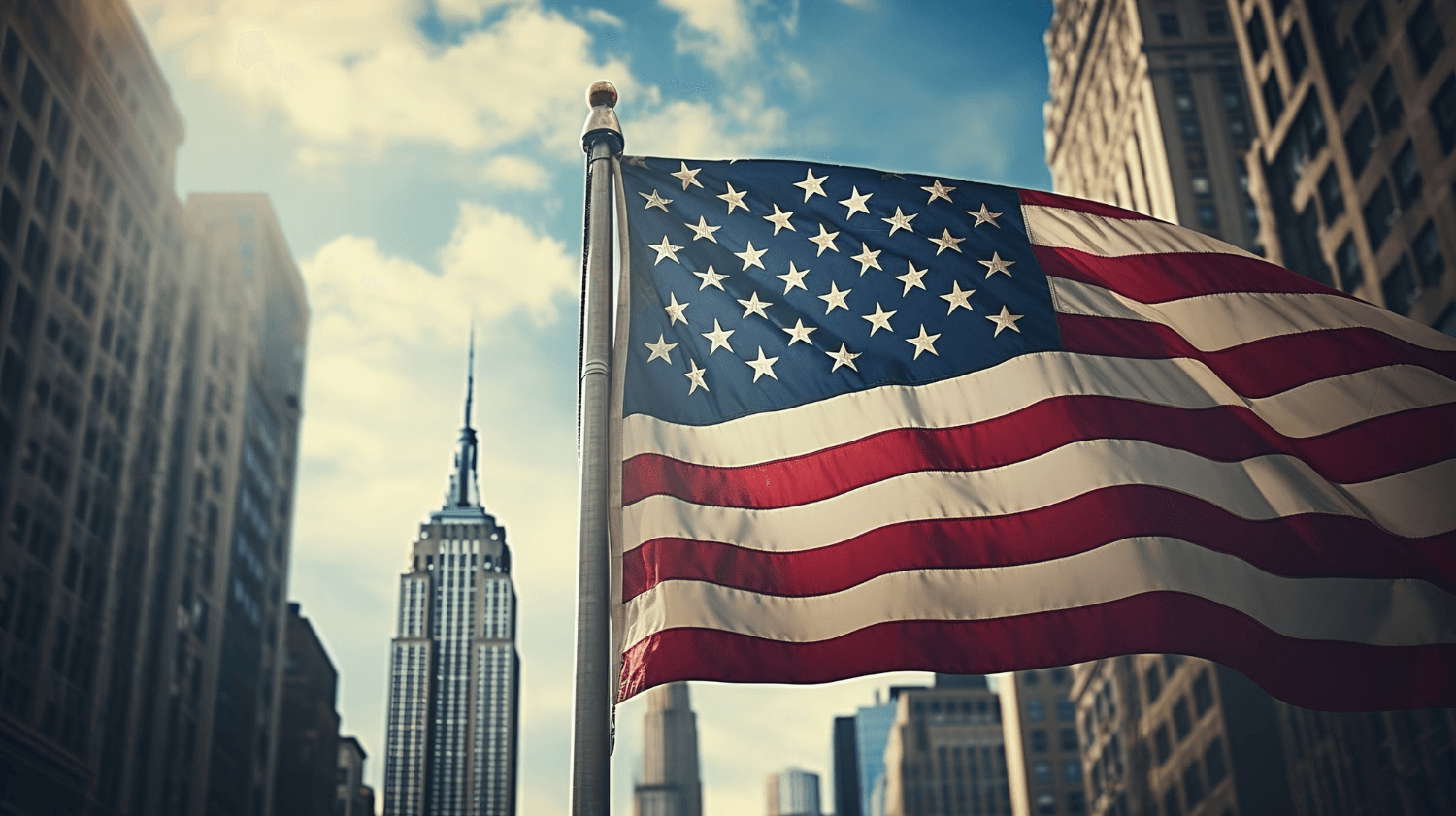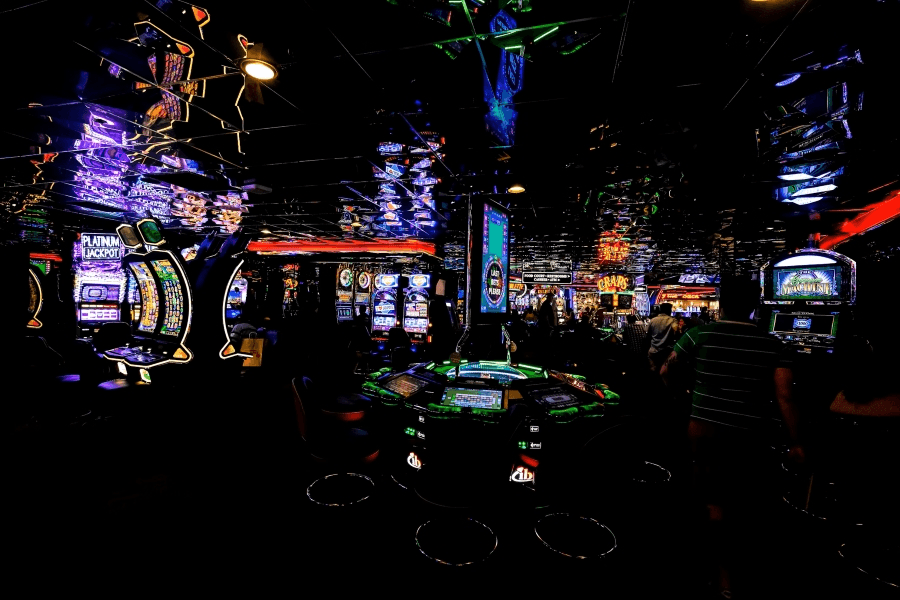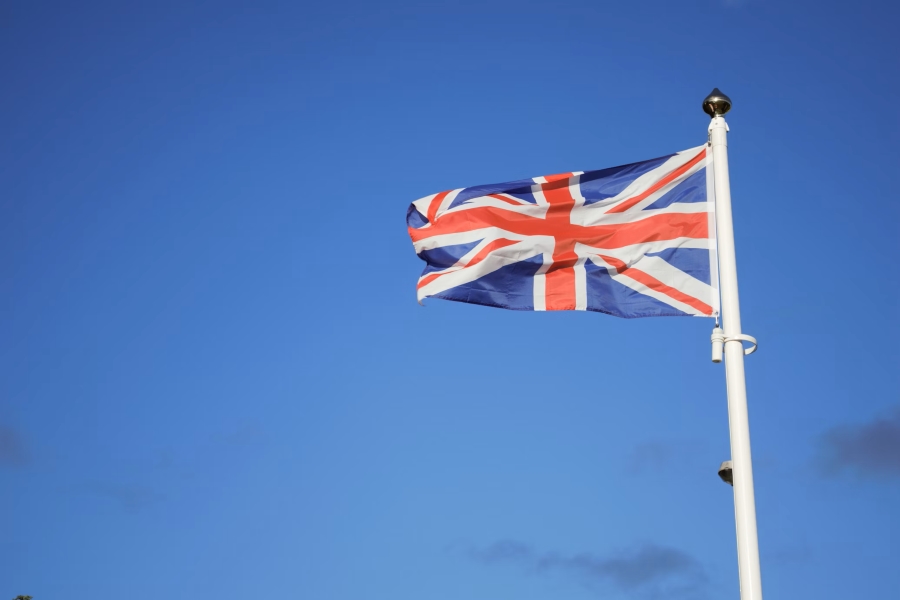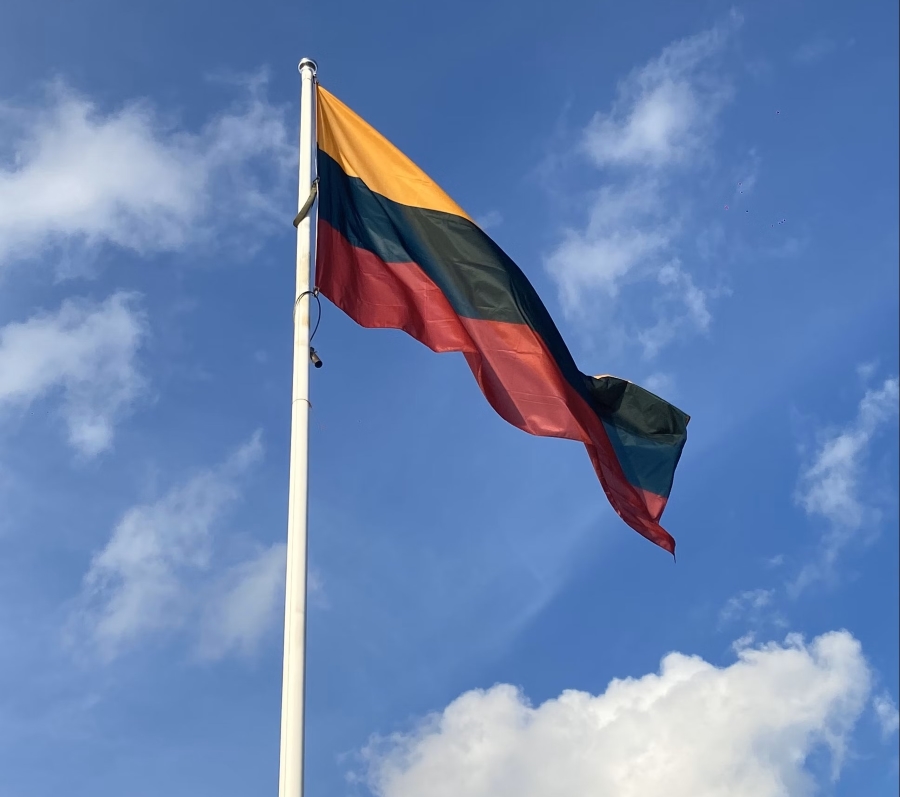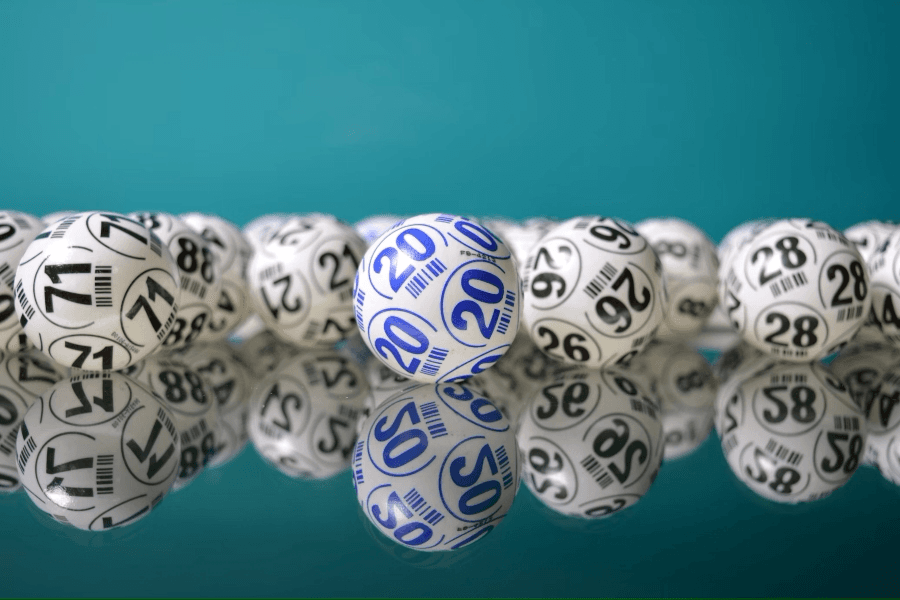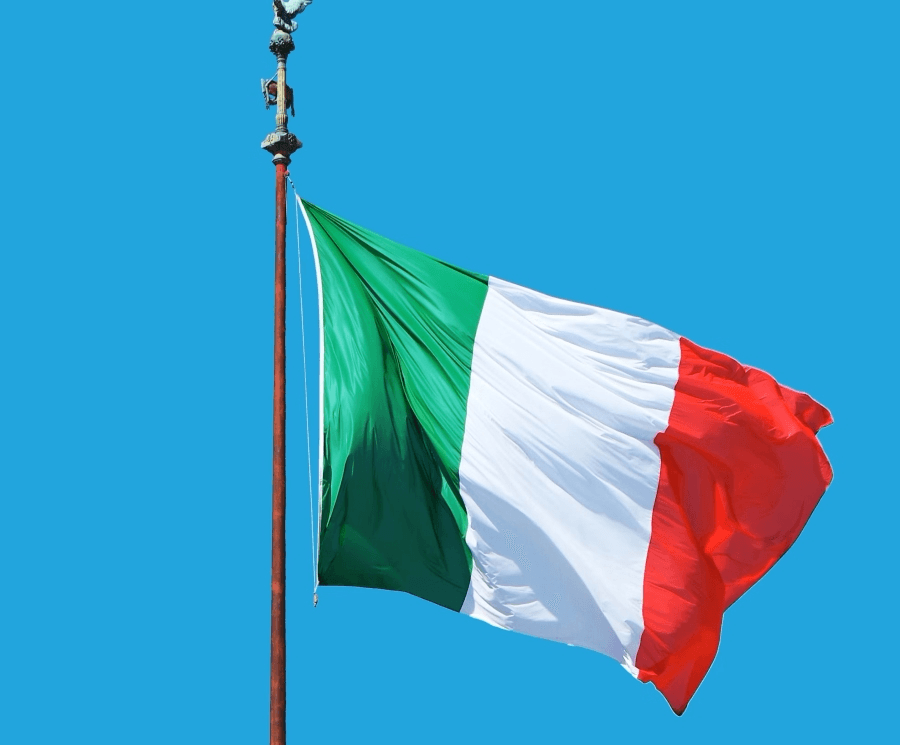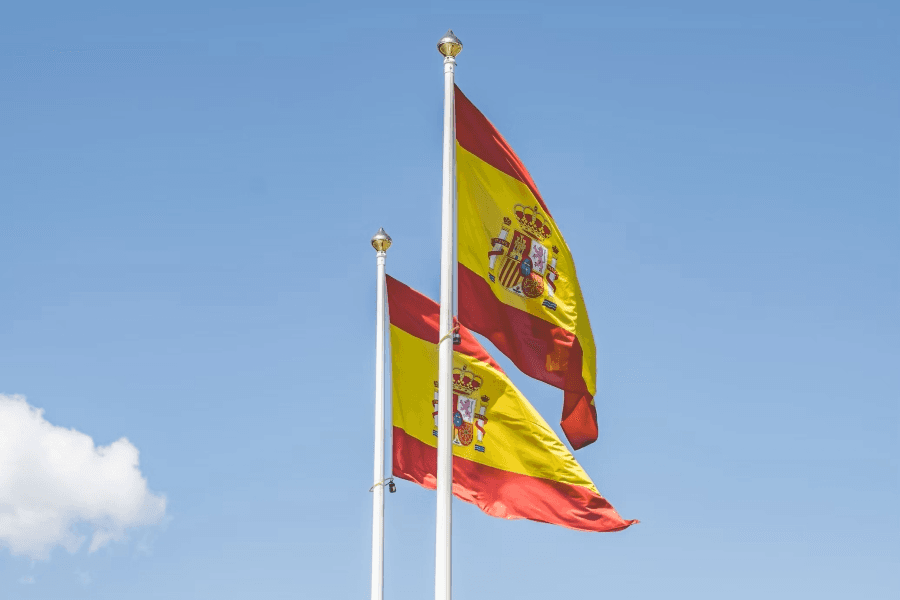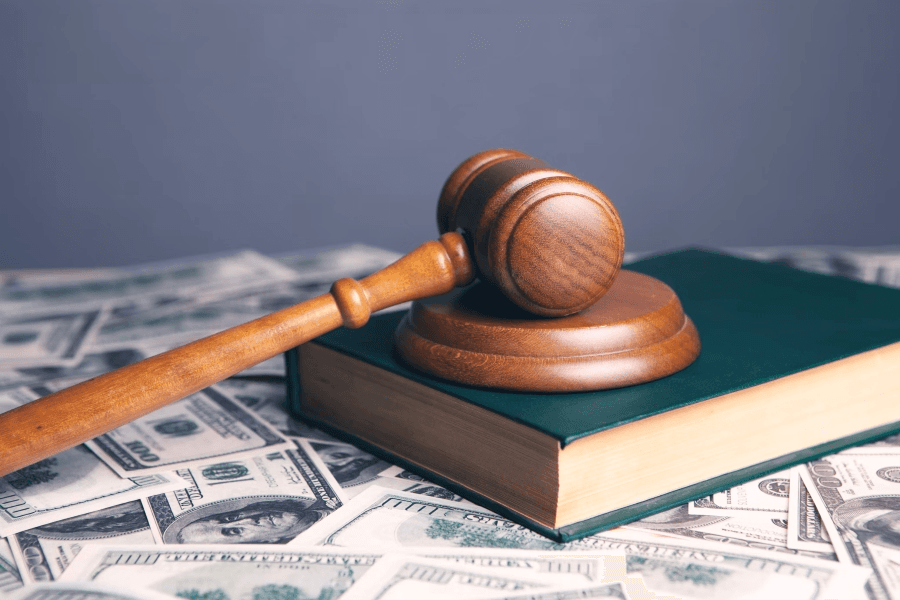The Illinois House of Representatives voted for concurrence on a series of amendments to House Bill 4951 in the early hours of Wednesday morning, including one that would replace the state’s current 15% flat tax rate on adjusted gross operator sports betting revenue to a progressive one ranging from 20% to 40%.
HB 4951 passed despite strident criticisms from the Sports Betting Alliance, which represents mobile operators FanDuel, DraftKings, BetMGM, and Fanatics Sportsbook. It now heads to the desk of Illinois Gov. JB Pritzker, who is expected to sign it into law. Pritzker originally called to raise the tax rate to a flat 35% in February when he unveiled his $51.3 billion budget for Fiscal Year 2025, but the progressive tax rate gained traction when introduced Saturday.
The revenue bill moved forwarded by a 60-47 margin, and it included some political theater of the absurd as three votes were required to pass it. Prior to the first vote, Republican Rep. Dan Ugaste called for a verification vote, which requires all representatives to be in their chairs and vote with their switches. It was determined through an affirmative vote roll call that Democrat Rep. Allen Ortiz did not participate, which meant the measure did not pass despite the majority.
— Jerry Nowicki (@NowickiPress) May 29, 2024
That led to confusion as both parties consulted the House Rules of the General Assembly while it was learned that Ortiz reportedly had left the chamber prior to the vote.
Rep. Jennifer Gong-Gershowitz, who was among the 12 Democrats to vote no, then brought the bill up for reconsideration for concurrence, which she was allowed to do because she voted no.
After more debate on how to proceed once reconsideration was approved with 67 votes, Rep. Kelly Burke, the Revenue & Finance Chair, again brought the motion for concurrence forward for a vote.
This time Republican Rep. Patrick Windhorst requested the verification vote and the margin was 60-49, but the flipped vote belonged to Republican Rep. Randy Frese. That led to Windhorst requesting Frese be removed from the roll, which denied the Democrats a supermajority when verified.
Democrat Rep. Daniel Didech countered with the parliamentary action of using House Rule 67(e) to suspend Rule 72(c), which deals with the concurring or receding of amendments. That passed by a 65-40 vote, and Gong-Gershowitz again stepped forward calling for a reconsideration of the concurrence.
That moved forward by a 62-42 count, with Windhorst again requesting a verification vote and adding some criticisms of his Democrat counterparts. Burke again called for a concurrence vote on the amendments, which passed by a 60-47 margin — Democrat Rep. Larry Walsh was the all-important 60th vote to preserve the supermajority — and withstood the verification process before passing at 4:41 a.m. local time. The House adjourned seven minutes later.
If Pritzker signs HB 4951 into law, it would make the Illinois the first state to have a progressive tax rate purely for sports betting. Arkansas has a progressive tax rate for all gaming revenue, with sports betting taxes increasing from 13% to 20% when a licensee surpasses $150 million in total winnings.
The tax rates and revenue thresholds for individual operators are as follows: The first $30 million in adjusted gross revenue would be taxed at 20%; the next $20 million at 25%; revenue from $50 million to $100 million would be taxed at 30%; revenue from $100 million to $200 million at 35%; and all revenue above $200 million would be taxed at 40%. Illinois generated $150.3 million in state tax revenue from sports betting in 2023 as total operator winnings surpassed $1 billion.
The amendment introduced by the state Senate and passed Sunday kept the progressive tax rates in place but separated mobile and retail sportsbook revenue as separate entities, requiring House concurrence. The separation of revenue into two distinct buckets for taxation will put a slight drag on mobile operators progressing to higher tax brackets when passing revenue thresholds.
Burke brought the bill to the House Floor slightly after 2:30 a.m. local time Wednesday morning after the amendments had passed through the Revenue & Finance Committee by a 12-7 vote Tuesday night. The sports betting portion of the bill was lightly debated on the floor with little fanfare.
Illinois received $47.7 million in operator tax revenue in the first quarter of 2024, an increase of $8.5 million from the first three months of last year. Had the progressive tax rates been in place at the start of 2024, the state would have received $80.3 million — more than double the $39.2 million generated from January through March 2023.
FanDuel and DraftKings would have already reached the 35% tax bracket as the top two sports betting apps in the state have generated more than $100 million in revenue the first three months. Three others — BetRivers, Fanatics, and ESPN BET — were tracking to reach the 30% tax bracket with projected winnings over $50 million while BetMGM and Caesars would have fallen short of that benchmark while entering the 25% bracket. Circa Sports, the most recent mobile entrant into Illinois last fall, would not have progressed beyond the initial 20% bracket.
Pritzker’s original ask of 35% was estimated to generate an additional $200 million in revenue. Based on mobile operator winnings spanning the 12-month period from April 2023 through March — the most recent figures published by the Illinois Gaming Board — the progressive tax rate would have generated $174.5 million in additional tax monies.
— Sports Betting Alliance (@SBAllianceUS) May 27, 2024
The sources of the additional tax revenue though, overwhelmingly fall on FanDuel and DraftKings. The pair would be paying $154.8 million of those additional tax monies, with both seeing their effective tax rates more than double thanks to having $371.3 million of their combined $771.3 million in winnings taxed at the maximum 40% rate.
FanDuel’s effective tax rate based on its past 12 months of winnings would be 35.5%, while DraftKings would face a 34.6% levy. Both online titans still paid staggeringly more in taxes in New York, where the rate on gross revenue is 51% with no deductions allowed for promotional credits and bonuses.
FanDuel paid $415.7 million in taxes on $815.1 million in winnings for the 2023 calendar year, while DraftKings sent $291.6 million to Empire State coffers after claiming $571.8 million in revenue.
The effective tax rate for the two in Illinois, however, would be notably higher than in Pennsylvania, where the rate is 34% with promotional deductions allowed.
FanDuel faced an effective tax rate of 24.5% there last year with $78.8 million worth of levies from close to $322 million in gross revenue, while DraftKings had a 23.3% rate while shipping $40.5 million of its $173.6 million in winnings to the state.
Left unsaid in SBA President Jeremy Kudon’s statement regarding Illinois is a concern among sportsbook operators that other states will follow suit with tax increases of their own. Illinois is a governor’s signature away from being the second state to notably increase its rate within the last 12 months after Ohio Gov. Mike DeWine doubled his state’s rate from 10% to 20% last July.
DeWine, though, pushed for the increase in response to the barrage of aggressive advertising by operators versus Pritzker’s call to generate more tax revenue. The Buckeye State generated $79.2 million in levies in the second half of 2023 compared to the $54.3 million in its first six months after launching New Year’s Day.
New Jersey currently has a bill in the legislature that would more than double the tax rate on mobile sports betting revenue from 13% to 30%, while the Massachusetts Senate quickly rejected a proposed budget amendment to raise its online levy from 20% to 51%, which would match New York as the highest in the U.S.
Illinois is in line to become the 11th state to have any portion of sports betting revenue taxed at 20% or higher.



 2024-05-29
2024-05-29

